
Health System
Latest News
Latest Videos

CME Content
More News

Nina Vadiei, PharmD, BCPP, a clinical associate professor at UT Austin and a clinical pharmacy specialist in psychiatry at San Antonio State Hospital, discusses her career as a psychiatric pharmacist.

A discussion with Madison Irwin, PharmD, BCPS, clinical pharmacist specialist in palliative care at University of Michigan Health and clinical assistant professor at the University of Michigan College of Pharmacy.

A survey of health system specialty pharmacy employees found that hybrid work significantly improved quality of life and workplace productivity.

A siloed approach to care can worsen patient outcomes, but collaboration between one health system specialty pharmacy and a manufacturer led to better patient care.

A review found that many guidelines that recommended pharmacogenetic testing were inconsistent between clinical associations.

Understanding the goals of each party is the first step to a successful collaboration.

The role of health care specialty pharmacies has expanded.

The analysis revealed deeper issues created by payer and manufacturer lockouts placed on Integrated Health System Specialty Pharmacies.

A new study, outlined in a poster at ASHP Midyear 2023, identified 3 key themes associated with the ways in which pharmacists are positioned to advance health equity for patients with chronic diseases.

A study presented at ASHP Midyear 2023 found that primary care physicians said a refill management service helped reduce burnout and improved the quality of patient care.

According to a poster abstract presented at the ASHP Midyear Clinical Meeting & Exhibition, specialty pharmacy services were used for a variety of conditions that have been reported in adult populations.

Three poster presented at the ASHP Midyear Clinical Meeting delved deeper into perioperative pain management.


Suicides among health care professionals are estimated to occur at a higher rate than in the general public.

Sampson Davis, MD, the keynote speaker for the 2023 PBMI Annual National Conference, discussed how the health care system needs to build trust and tailor approaches that meet community needs.
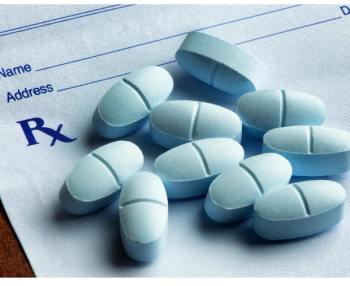
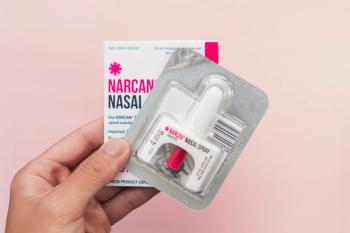
The alert was implemented after passage of a state senate bill.

Over 90% of survey respondents said they believed emergency response simulation training should be required annually.

Although excessive use can lead to fatigue, alerts can help proactively identify and prevent drug interactions.
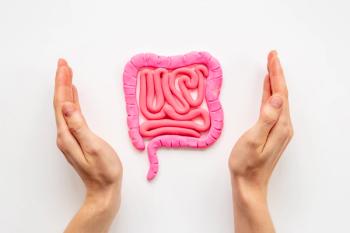
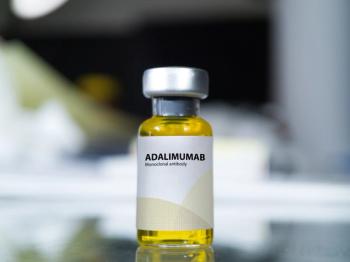
At least 6 adalimumab biosimilars are set to launch in July 2023.


Free medicine distribution was linked with a lower median total health care spending of $1641 per year over a 3-year period.
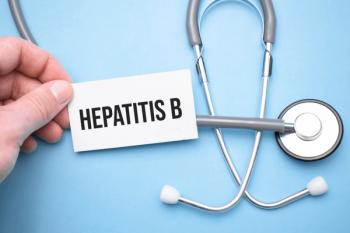
Findings reported in JAMA Network Open don’t find racial disparities among those who meet the treatment criteria. But Black individuals were less likely than Asian or White individuals to be among those meet the criteria.

From compounding to cleaning, oncology pharmacy technicians take on key responsibilities in infusion centers.































